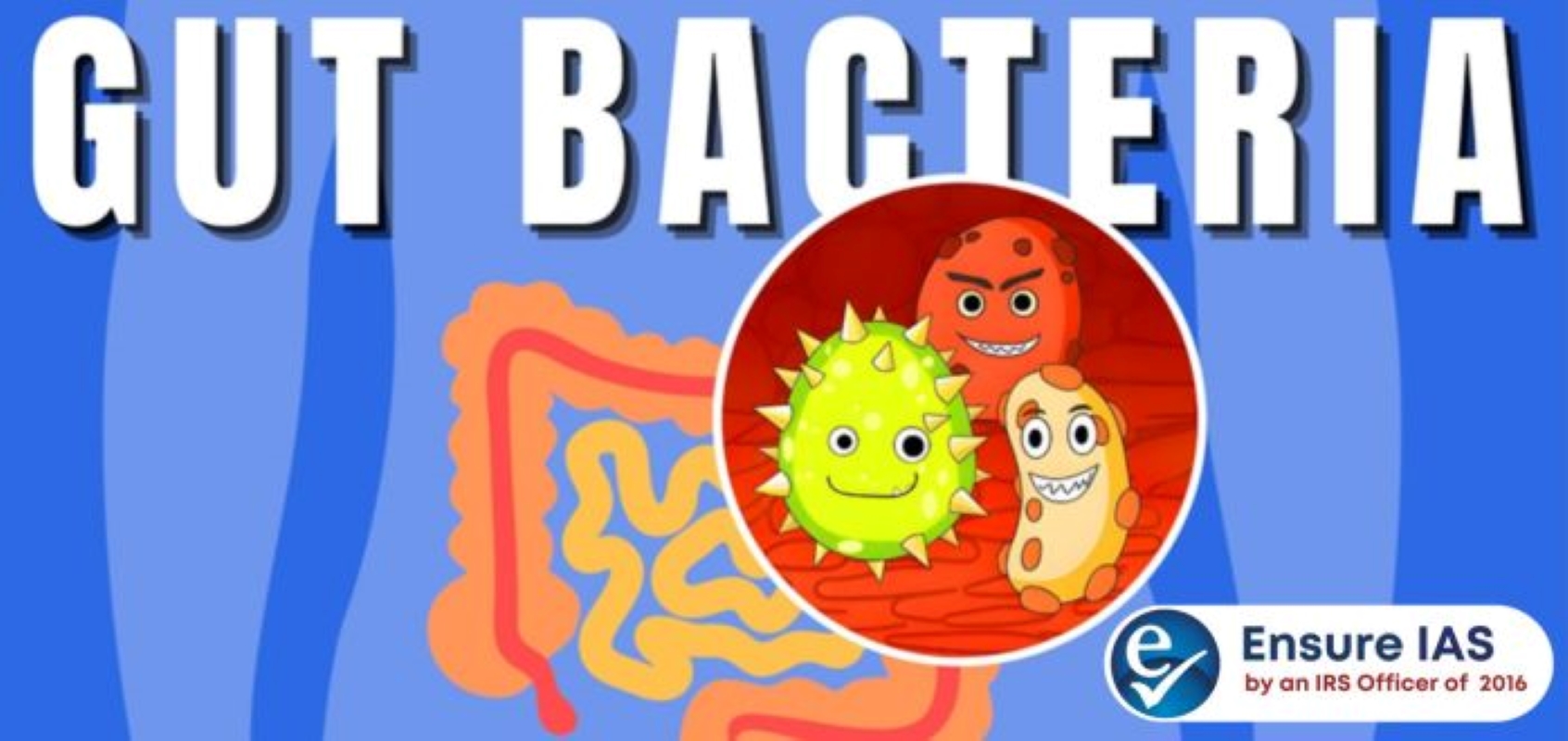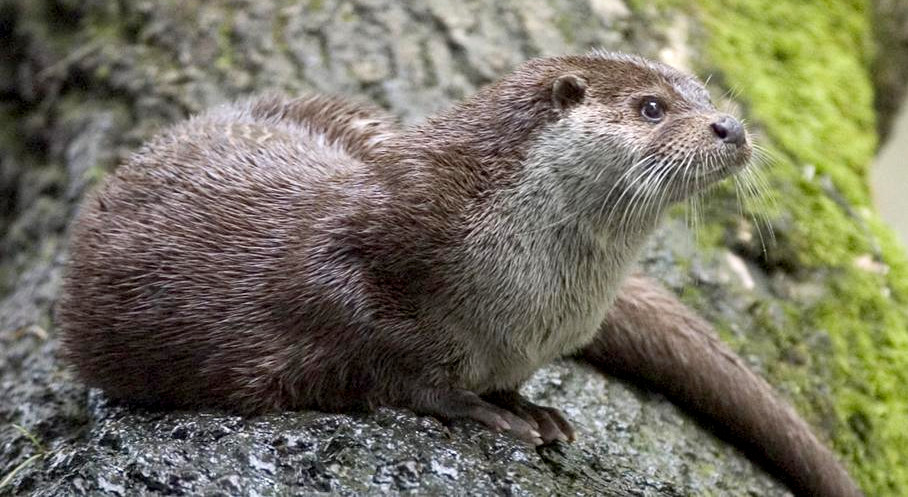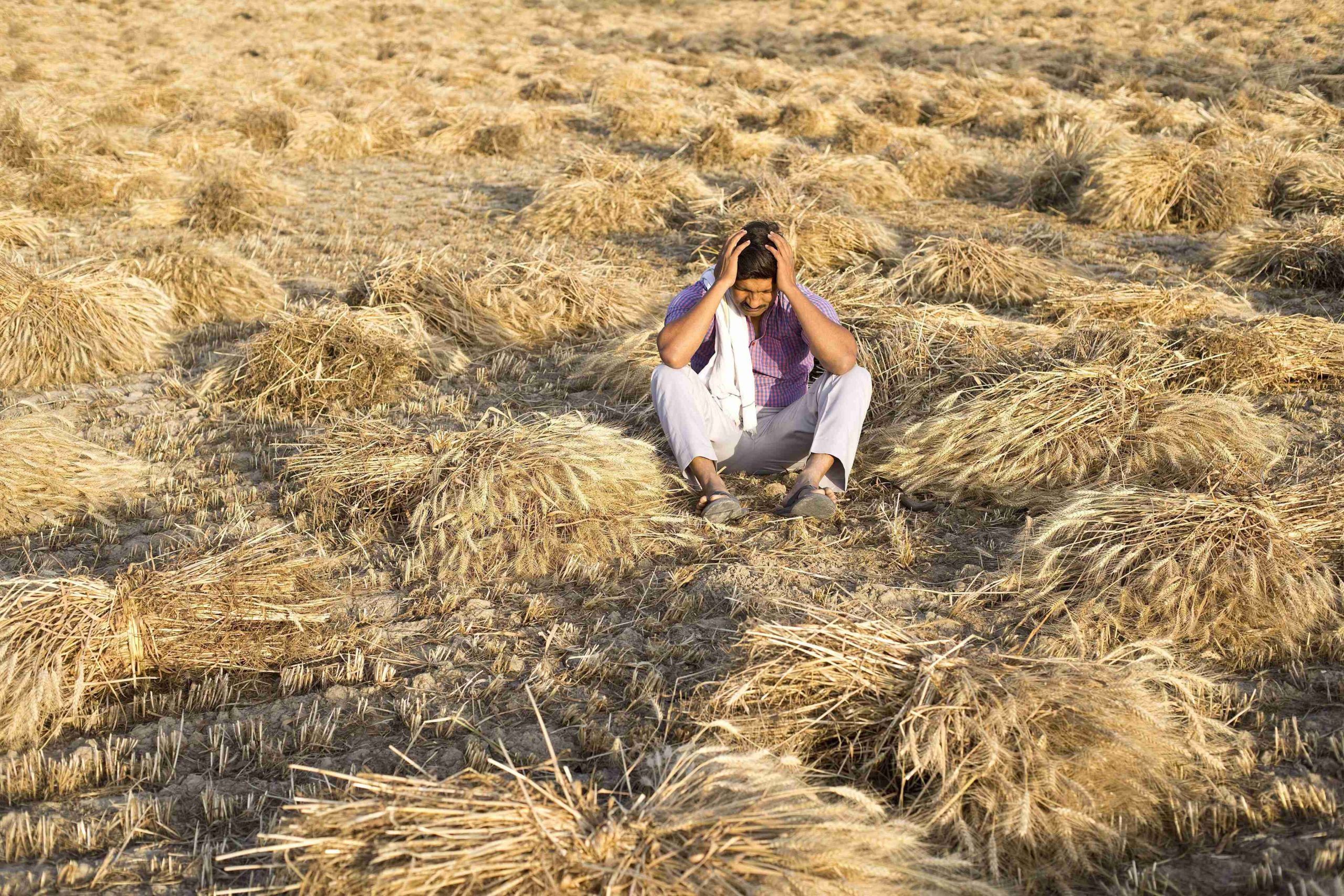- Courses
- GS Full Course 1 Year
- GS Full Course 2 Year
- GS Full Course 3 Year
- GS Full Course Till Selection
- MEP (Mains Enrichment Programme) Data, Facts
- Essay Target – 150+ Marks
- Online Program
- GS Recorded Course
- NCERT- First Ladder
- Polity
- Geography
- Economy
- Ancient, Medieval and Art & Culture AMAC
- Modern India, Post Independence & World History
- Environment
- Governance
- Science & Technology
- International Relations and Internal Security
- Disaster Management
- Ethics
- Current Affairs
- Indian Society and Social Issue
- CSAT
- 5 LAYERED ARJUNA Mentorship
- Public Administration Optional
- ABOUT US
- OUR TOPPERS
- TEST SERIES
- FREE STUDY MATERIAL
- VIDEOS
- CONTACT US
HUMAN GUT BACTERIA AID IN PLANT CELLULOSE DIGESTION
HUMAN GUT BACTERIA AID IN PLANT CELLULOSE DIGESTION
19-03-2024

- A recent study published in the journal Science sheds light on previously described human gut bacteria that play a key role in the digestion of plant cellulose.
- These bacteria are abundant in ancient and hunter-gatherer microbiomes but rare in urban societies.
- They have been linked to increased consumption of processed food in industrialized countries.
Discovery of New Cellulose-Digesting Bacteria
The study found 3 new species of cellulose-digesting bacteria in the human gut:
- Candidatus Ruminococcus primasiens
- Ruminococcus hominisiens
- Ruminococcus ruminiciens
These bacteria are found prevalent in the following groups:
- Rural populations
- Great apes
- Ancient human societies
- Hunter-gatherer communities
The Importance of Cellulose Digestion
- Cellulose is the main component of plant fiber.
- Cellulose is a common element in diets that include plant-based ingredients.
- Humans rely on the gut microbiome to digest cellulose.
- Cellulose is beneficial to gut microbiome stability.
- Newly discovered bacteria convert indigestible cellulose compounds into short-chain fatty acids.
- Short-chain fatty acids supply the host with energy.
Decline of Cellulose-Degrading Bacteria in Industrialized Countries
- The study discovered that the prevalence of cellulose-degrading bacteria differs significantly between industrialized and non-industrialized regions.
- In industrialized countries such as Denmark, China, Sweden, and the United States, the mass prevalence was found to be only 4.6%.
- However, it was much higher in ancient human societies (43%), hunter-gatherers (21%), and geographically diverse rural societies (20%).
- Researchers attribute this decline to the increased consumption of processed foods in industrialized countries, which lack vegetable fiber.
- The modern industrial diet is dominated by processed foods, leading to lower dietary fiber intake than hunter-gatherer and rural populations.
Adaptation of Bacteria to Host Lifestyle and Diet
- Cellulose-degrading bacteria adapt to the host's lifestyle and diet.
- The human microbe Ruminococcus hominiscens lives primarily in the intestines of humans and great apes.
- Human microbes were found to be able to digest monocots such as maize, rice, and wheat, which are major components of the human diet.
Implications for Human Health
- The decline of cellulose-degrading bacteria in the human gut may impact energy balance and other health aspects.
- Dietary fiber is crucial for maintaining a stable gut microbiome.
- The absence of dietary fiber in modern industrial diets can have negative consequences for human health.
- A plant-based diet rich in dietary fiber is essential for maintaining a healthy gut microbiome.
Future Research Directions
- Discovery of new cellulose-degrading bacteria in the human gut has opened new research avenues on the role of the gut microbiome in human health.
- Further studies are needed to understand the mechanisms of cellulose digestion and the potential health benefits of maintaining a diverse and abundant population of these microbes in the gut.
- The study highlights the need for further research on the impact of processed food consumption on the gut microbiome.
- The study also emphasizes the importance of developing strategies to promote the growth and maintenance of beneficial gut bacteria.



